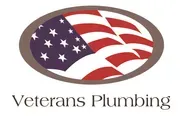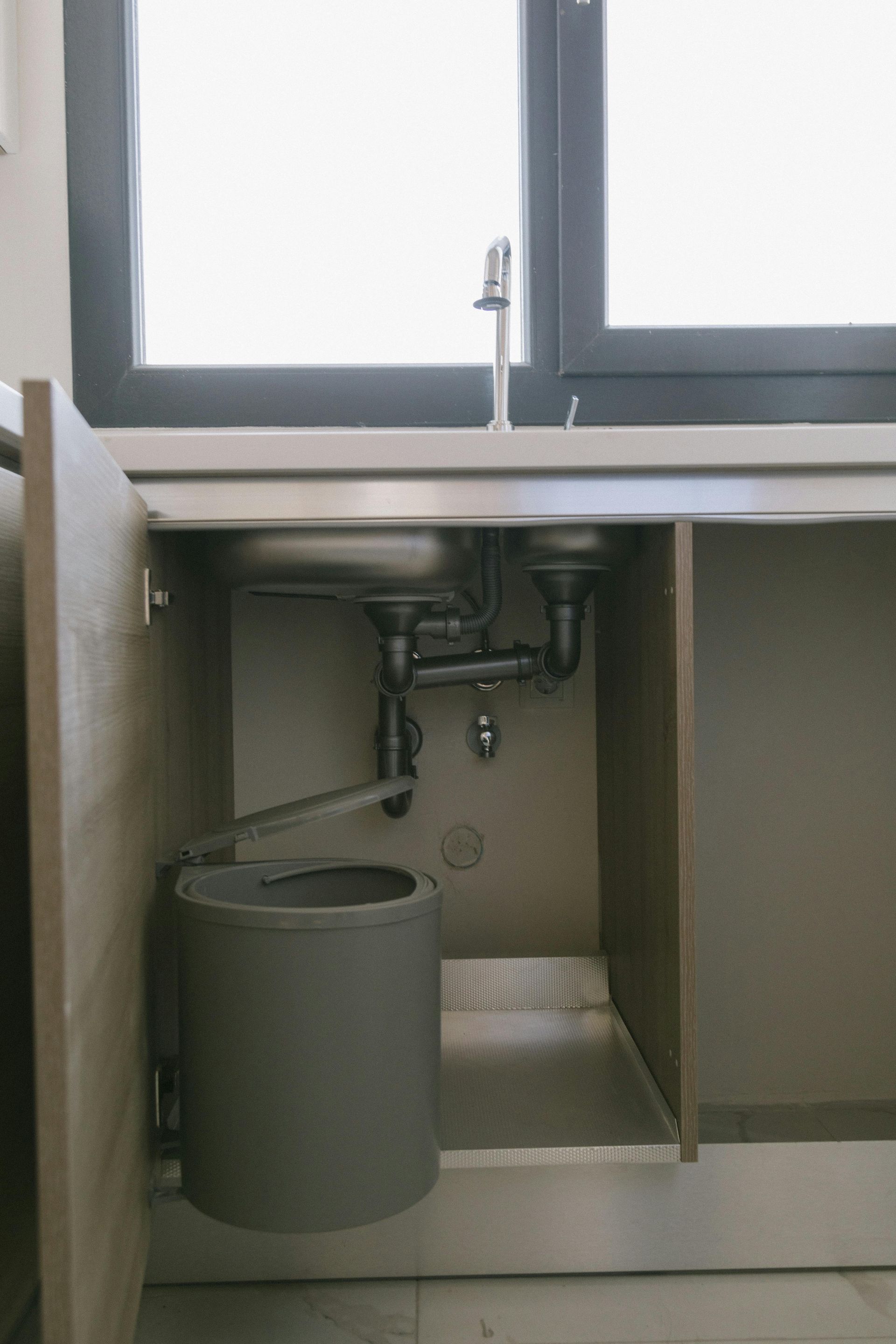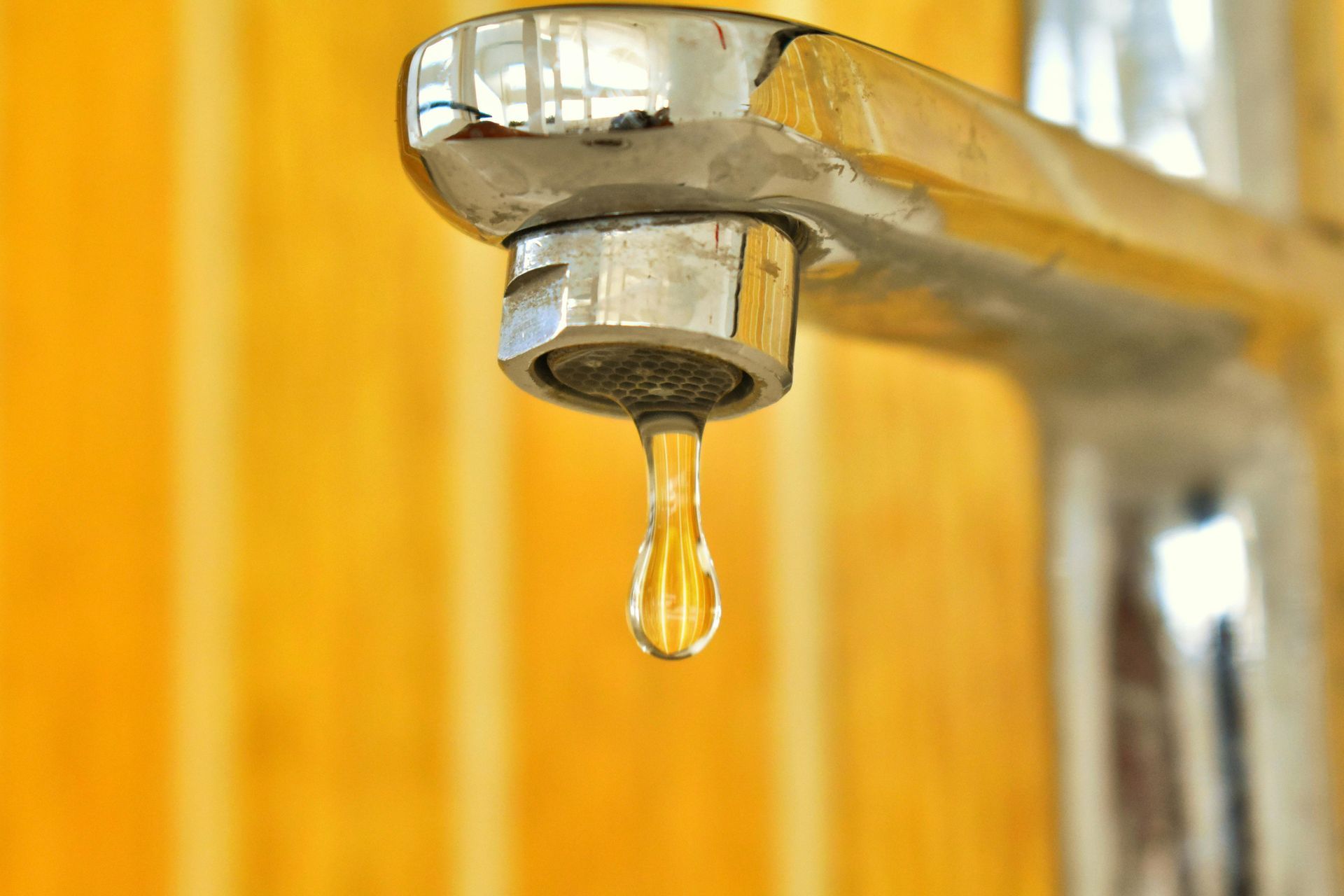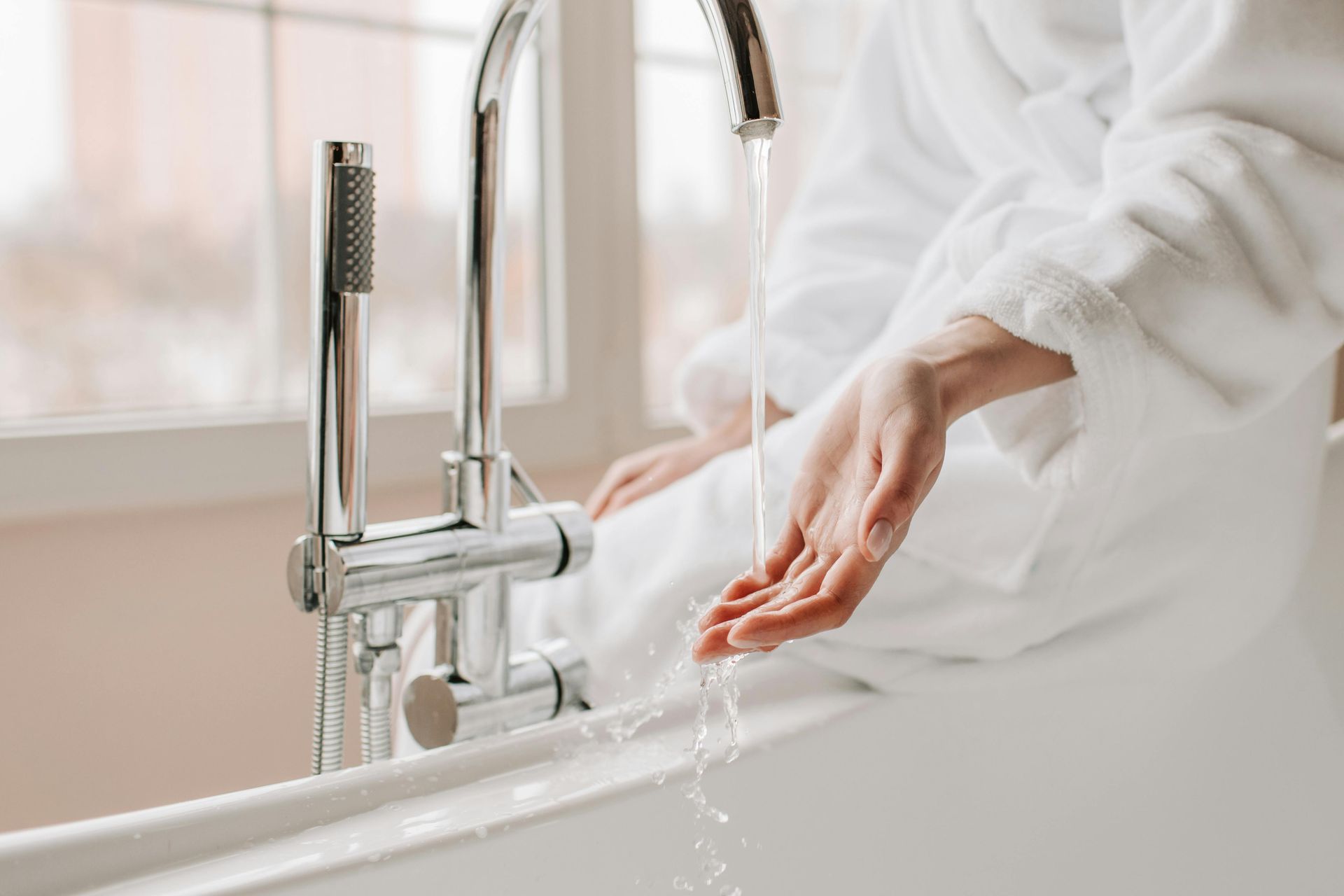Eco-Friendly Plumbing Solutions: Reducing Your Carbon Footprint
Plumbing emergencies can disrupt daily life and lead to significant damage if not addressed promptly. Understanding homeowners' most common plumbing issues and implementing preventive measures can save time, money, and stress.
1. Burst Pipes
Burst pipes are among the most severe plumbing emergencies, often caused by freezing temperatures, high water pressure, or aging infrastructure. A pipe burst can lead to extensive water damage, flooding, and mold growth.
Prevention Tips:
- Insulate Pipes: Insulating exposed pipes in unheated areas can prevent freezing during cold weather.
- Monitor Water Pressure: High water pressure can stress pipes. Installing a pressure regulator can help maintain safe levels.
- Regular Inspections: Periodically check for signs of wear, corrosion, or leaks in your plumbing system.
2. Clogged Drains
Clogged drains are a common issue that can escalate into a plumbing emergency. Accumulation of hair, grease, soap scum, and food particles often leads to blockages that can cause backups and overflows.
Prevention Tips:
- Use Drain Covers: Install screens over drains to catch debris before it enters the pipes.
- Regular Cleaning: To prevent buildup, clean drains periodically using natural remedies like baking soda and vinegar, followed by hot water.
- Be Mindful of What You Flush: Avoid flushing anything other than toilet paper.
3. Running Toilets
A running toilet may seem like a minor inconvenience, but it can waste significant water over time. Common causes include faulty flapper valves or issues with the fill valve.
Prevention Tips:
- Regular Maintenance: Check toilet components regularly for wear and replace parts as needed.
- Adjust Water Levels: Ensure the float is set correctly to prevent overfilling the tank.
- Monitor for Leaks: Conduct simple tests using food coloring in the tank to check for leaks into the bowl.
4. Leaky Faucets
Leaky faucets are annoying, leading to increased water bills and wasted resources. Often caused by worn-out washers or O-rings, these leaks require prompt attention.
Prevention Tips:
- Gentle Use: Use faucets gently to reduce wear on internal components.
- Regular Inspection: Check for signs of leaks and replace worn parts promptly.
- Upgrade Fixtures: Consider installing more durable fixtures designed to resist wear.
5. Sewer Line Backups
A sewer line backup is a serious plumbing emergency that poses health risks and can cause extensive damage. Common causes include tree root intrusion, debris blockage, or damaged sewer lines.
Prevention Tips:
- Avoid Flushing Non-Biodegradable Items: Only flush waste and toilet paper; avoid flushing items like wipes or feminine hygiene products.
- Regular Inspections: Schedule routine inspections of your sewer line to identify potential issues early.
- Maintain Landscaping: Keep trees and large shrubs away from sewer lines to prevent root intrusion.
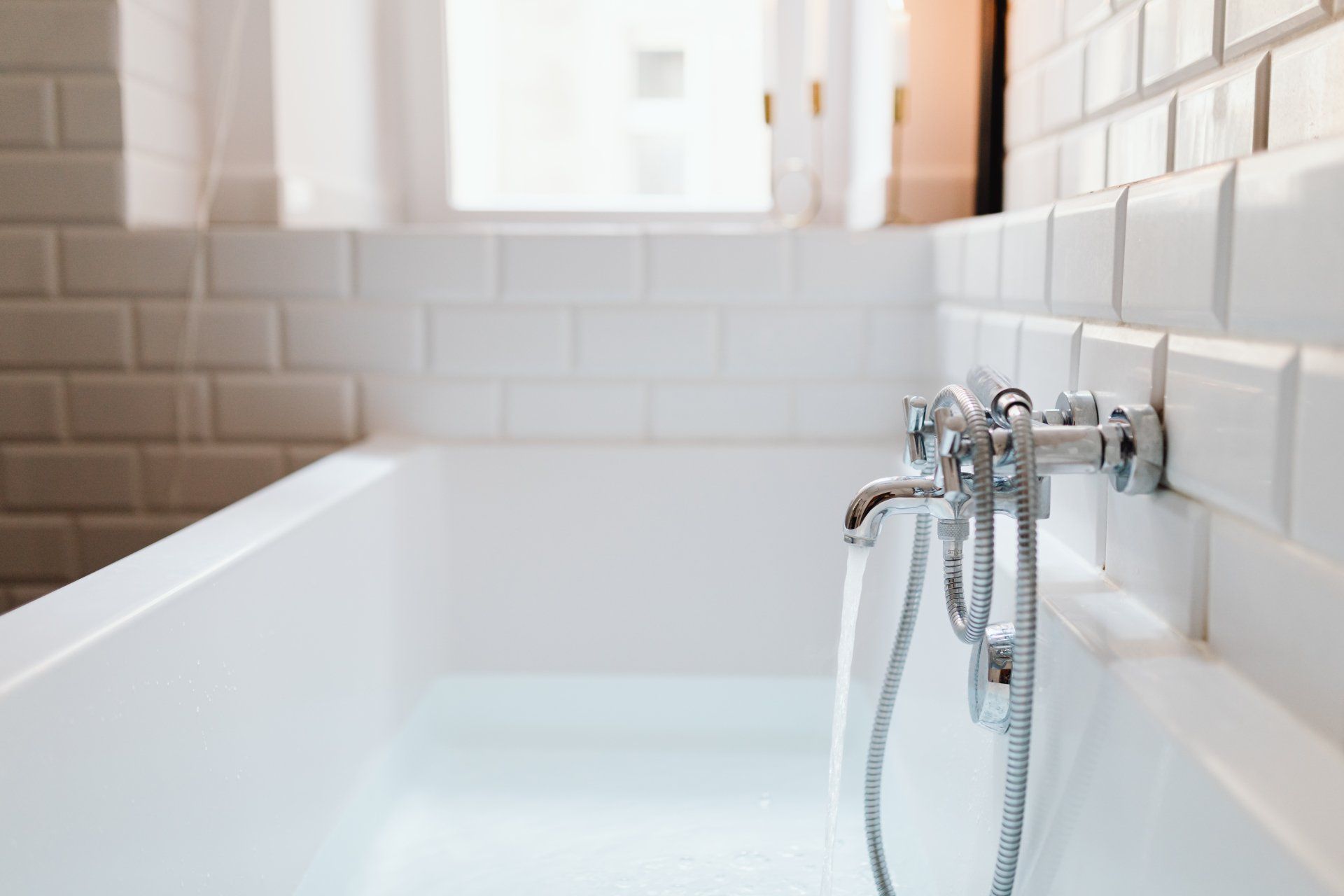
6. Water Heater Failures
If not addressed quickly, water heater problems can disrupt your hot water supply and lead to costly repairs. Issues may arise from sediment buildup, faulty thermostats, or leaks.
Prevention Tips:
- Annual Maintenance: Schedule regular maintenance to flush the tank and remove sediment buildup.
- Check Temperature Settings: Ensure the thermostat is set at an optimal temperature for efficiency.
- Inspect for Leaks: Regularly check connections and the tank for any signs of leakage.
7. Low Water Pressure
Low water pressure can be frustrating and may indicate underlying issues such as leaks or sediment buildup in pipes. If left unaddressed, it can lead to more significant plumbing problems.
Prevention Tips:
- Monitor Water Usage: Keep track of changes in water pressure; sudden drops may indicate a problem.
- Clean Aerators and Showerheads: Regularly clean these fixtures to remove mineral deposits that may restrict flow.
- Inspect for Leaks: Check for hidden leaks in walls or under sinks that could be causing low pressure.
8. Jammed Garbage Disposal
A jammed garbage disposal can create unpleasant odors and disrupt kitchen activities. Misuse or overloading the disposal often leads to this issue.
Prevention Tips:
- Proper Usage: Avoid putting fibrous foods, bones, or large amounts of food scraps down the disposal.
- Run Regularly: Use the disposal frequently with cold water to keep it functioning correctly.
- Maintenance Checks: Periodically inspect the disposal for clogs or mechanical issues.
9. Silent Leaks
Silent leaks can go unnoticed for long periods but cause significant damage over time. They may occur in hidden places, such as behind walls or under sinks.
Prevention Tips:
- Monitor Water Bills: Monitor your water bill for unexplained increases that may indicate a leak.
- Check for Moisture Signs: Look for water stains on walls or ceilings to indicate hidden leaks.
- Use Leak Detection Tools: Consider using moisture detectors in areas prone to leaks.
10. Sump Pump Failures
Sump pumps are crucial for basement homes. They prevent flooding during heavy rains, and a failure in this system can lead to significant water damage.
Prevention Tips:
- Regular Testing: Test your sump pump regularly to ensure it operates correctly when needed.
- Clean the Pit: Remove debris from the sump pit that could obstruct the pump's operation.
- Consider Battery Backup Systems: Install a battery backup system to ensure functionality during power outages.
Understanding common plumbing emergencies and implementing proactive measures is essential for maintaining a functional home plumbing system. Regular maintenance, timely repairs, and proper fixture usage can significantly reduce the likelihood of encountering these issues.
While many preventative strategies are manageable for homeowners, some require professional expertise. Hiring qualified plumbers ensures that installations, repairs, and inspections are conducted correctly, providing peace of mind that your plumbing system is in good hands. Investing in professional services when necessary protects your home from potential disasters while enjoying a more efficient plumbing system overall.
Check out our services: Water Softeners & Treatment, Water Repair & Install, Tankless Water Heaters, Residential & Emergency Plumbing.
Blog
Book a Service Today
For more info on water softeners, water heaters and tankless water heaters Idaho Residents need, contact us today.
